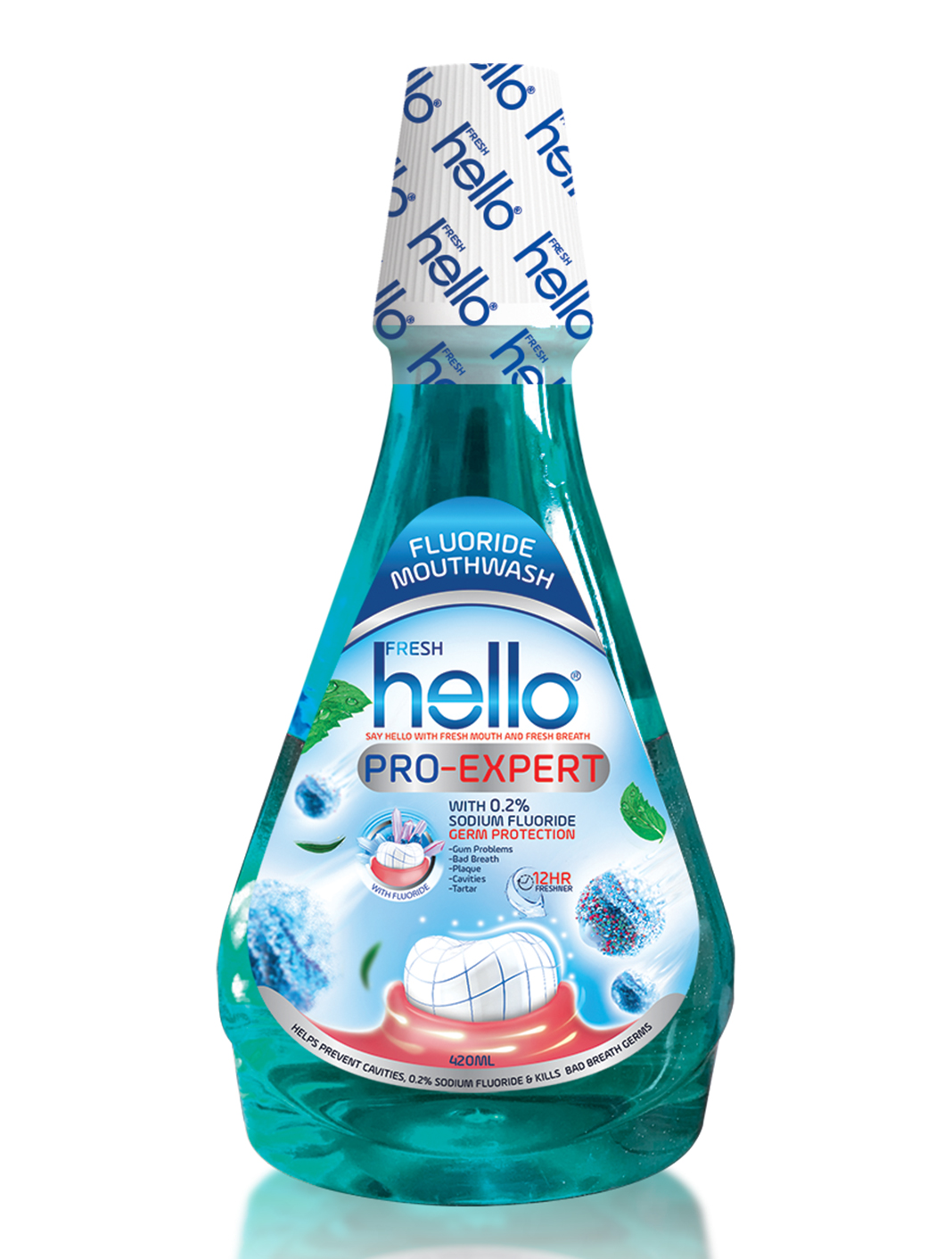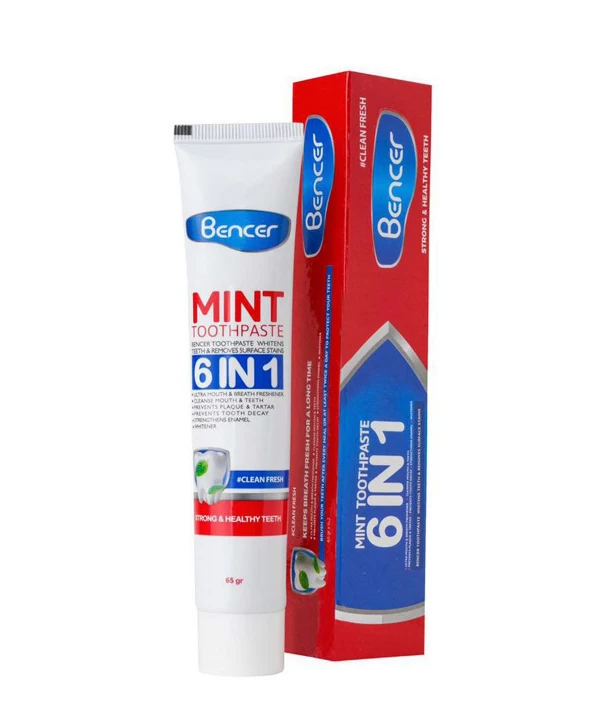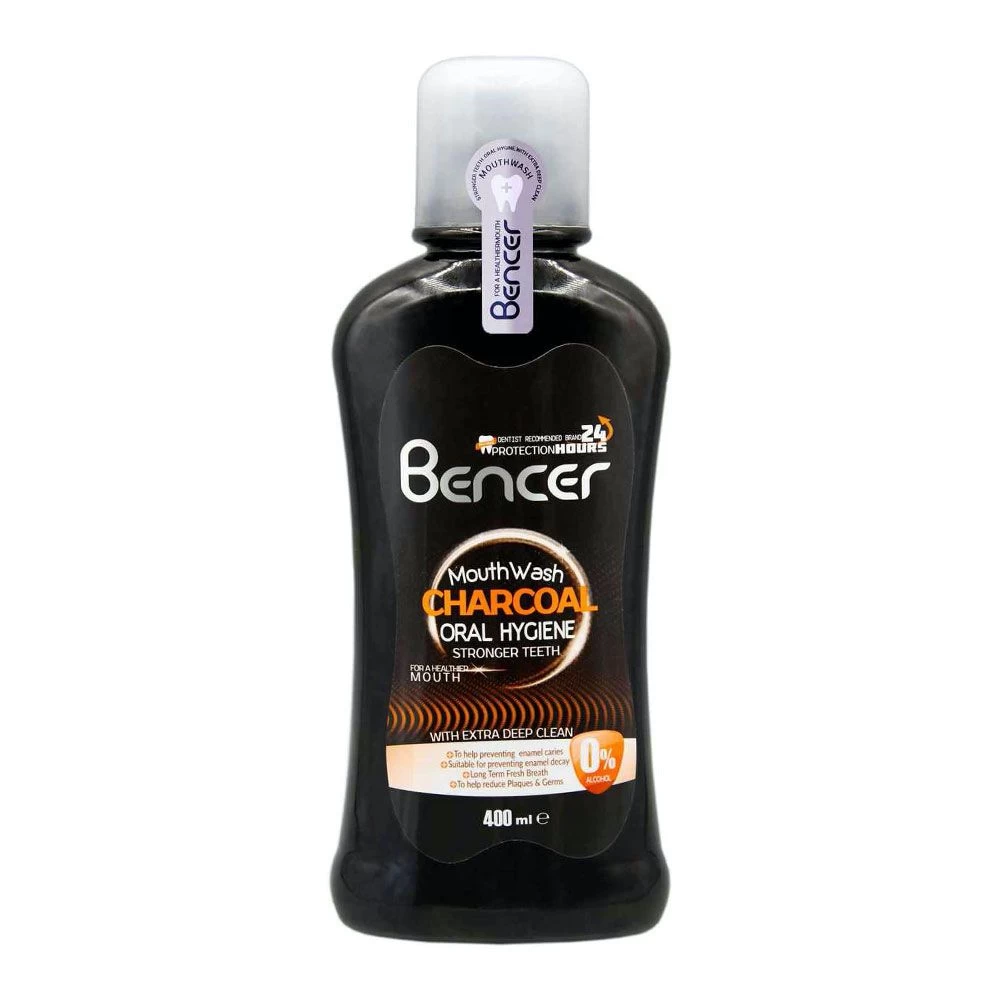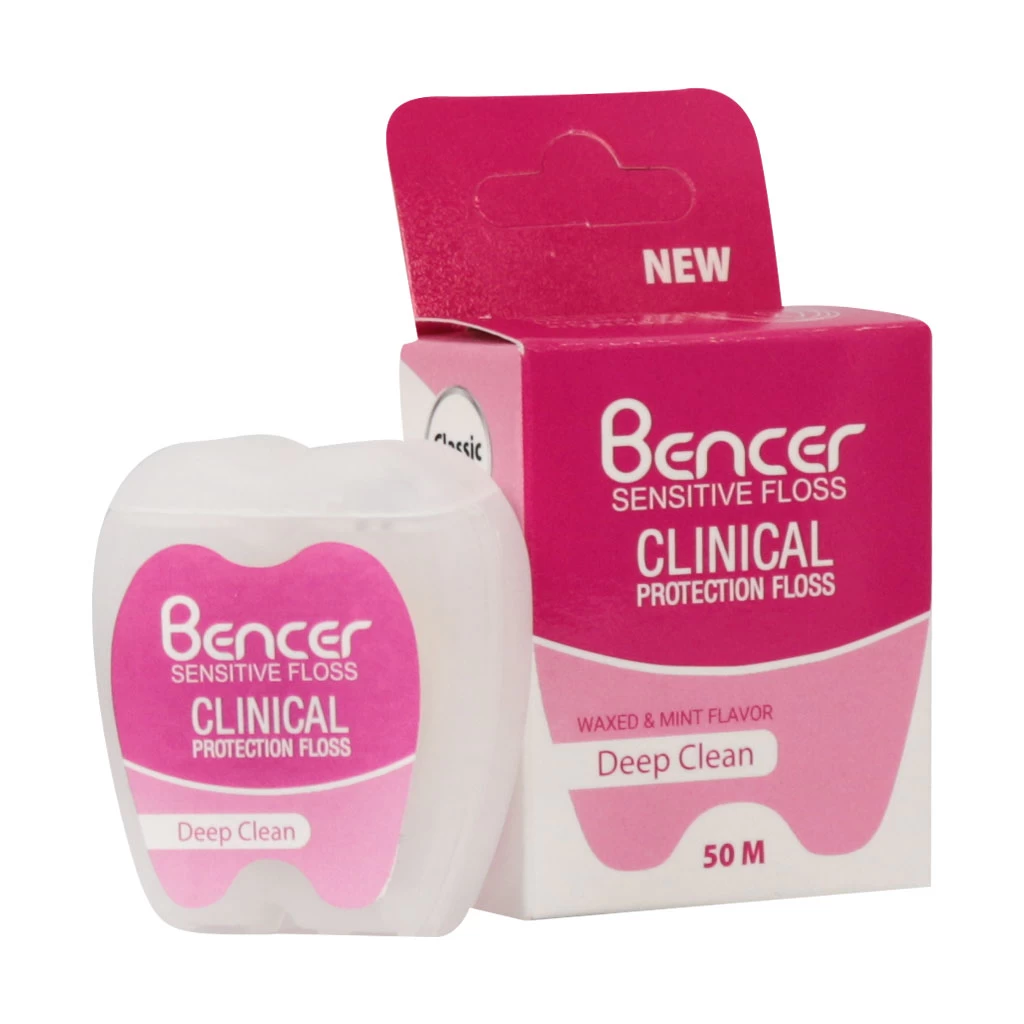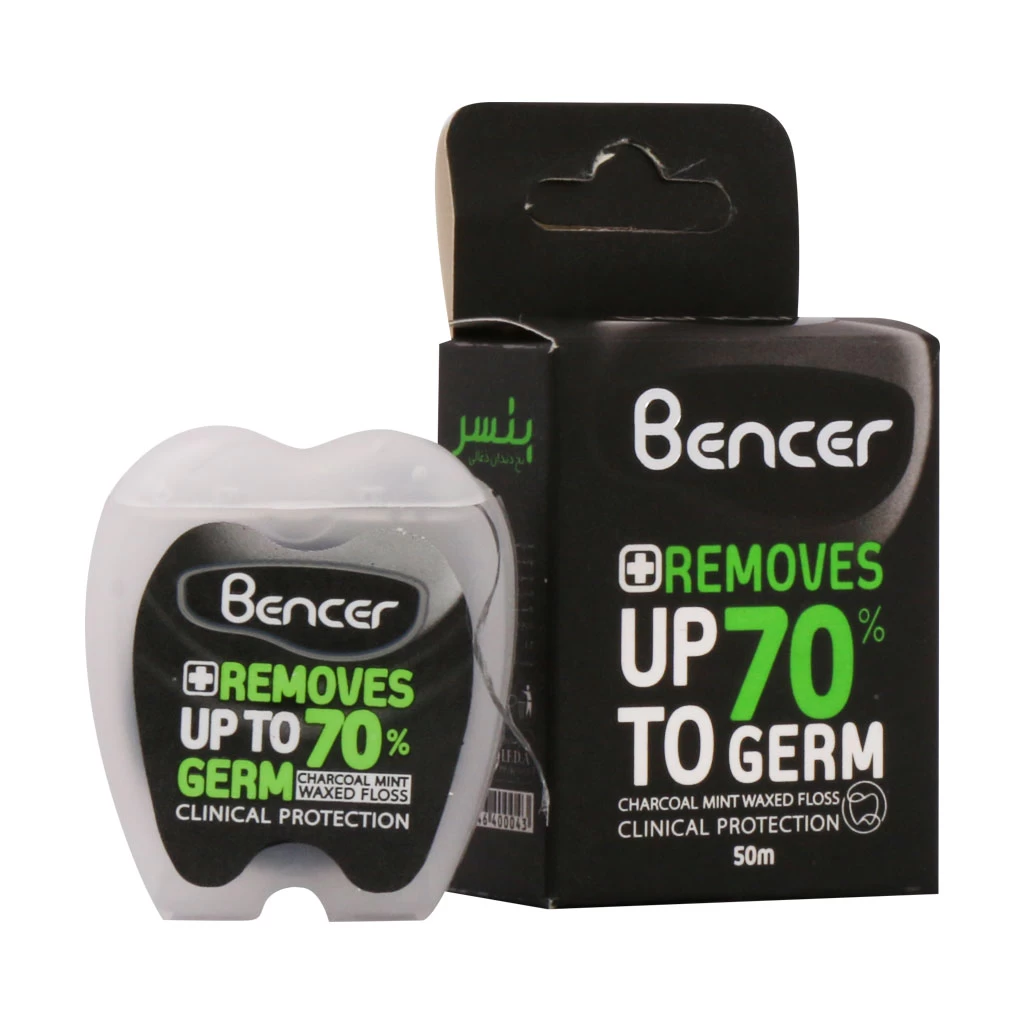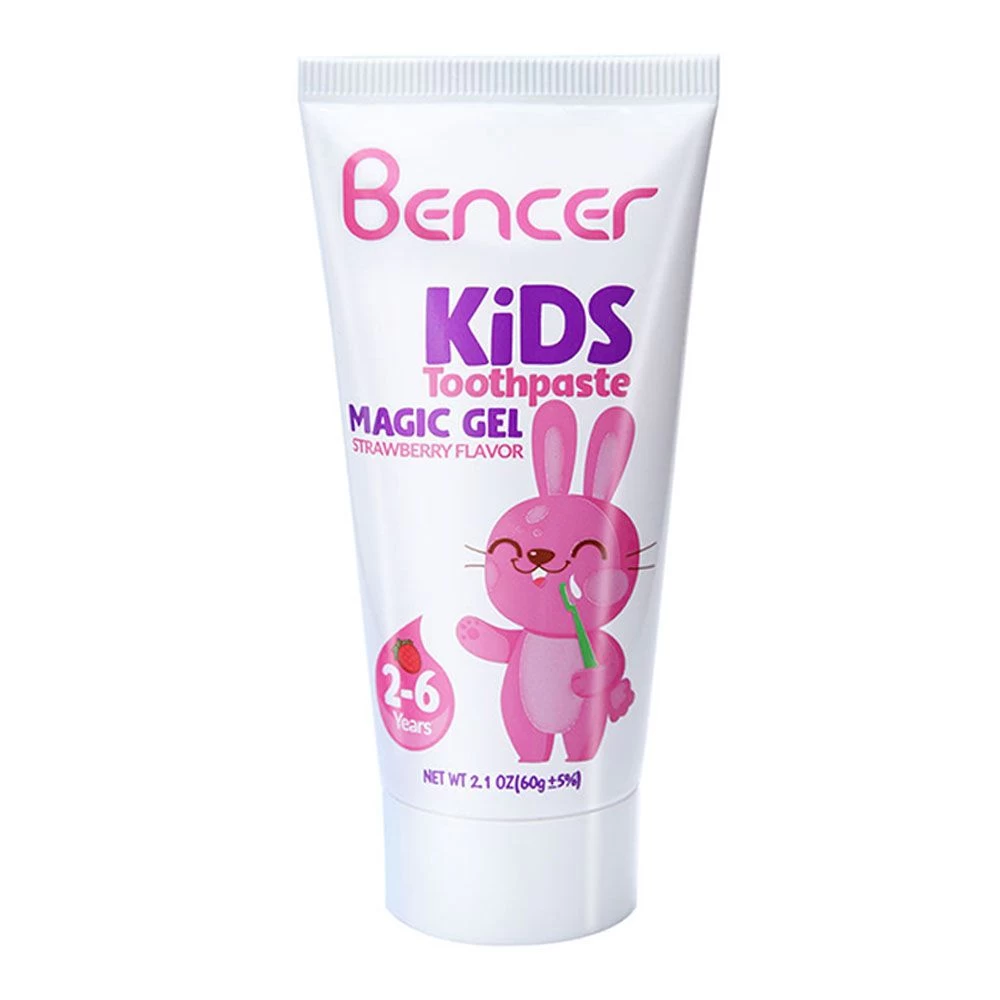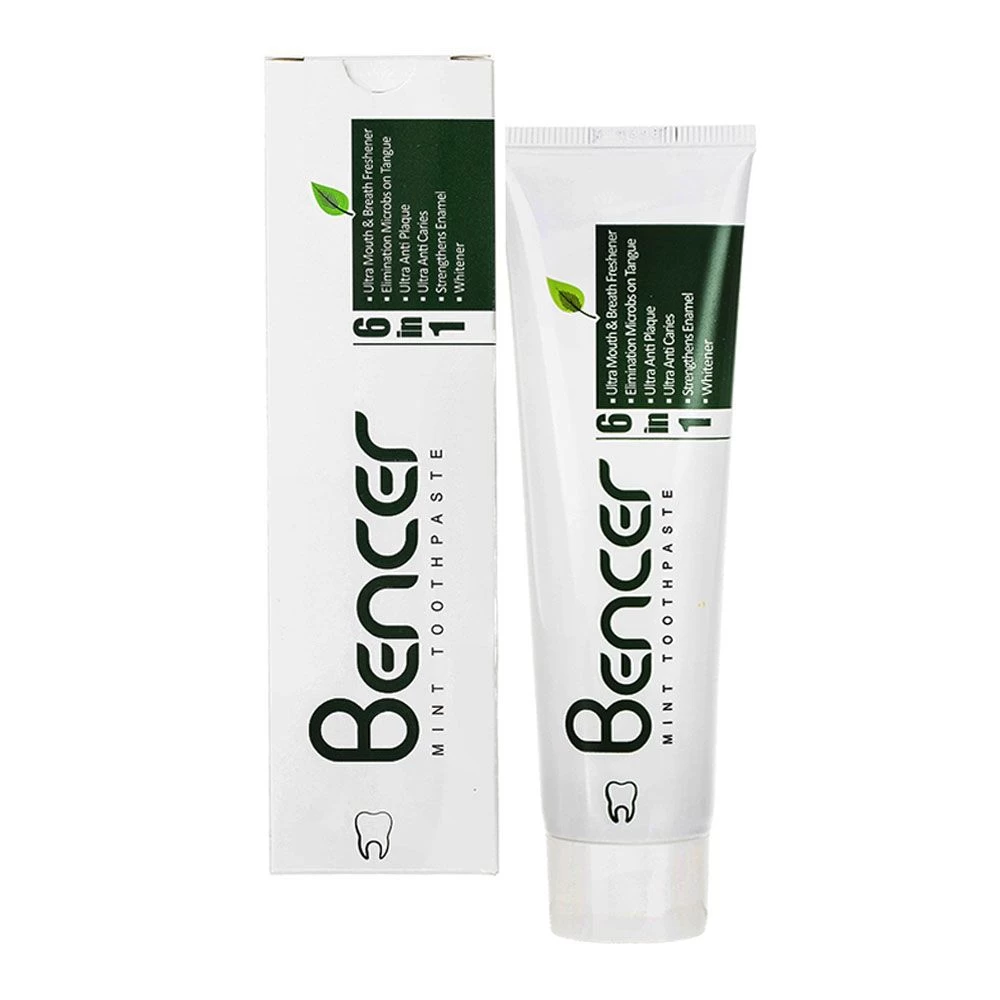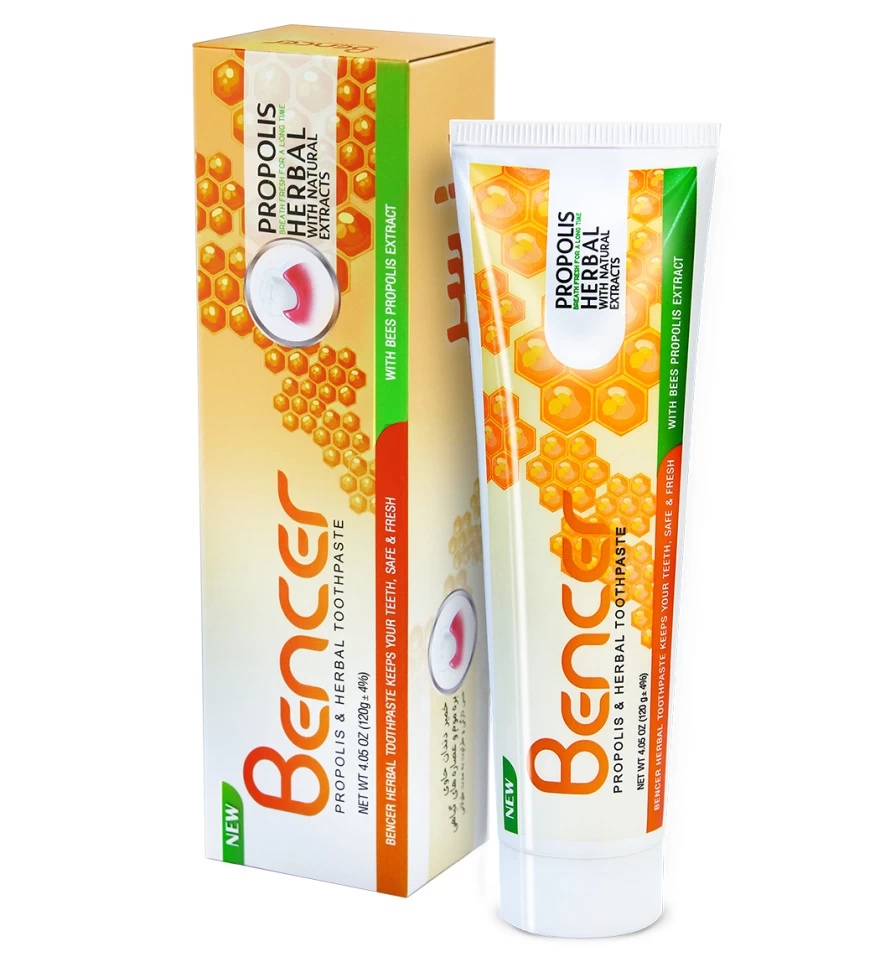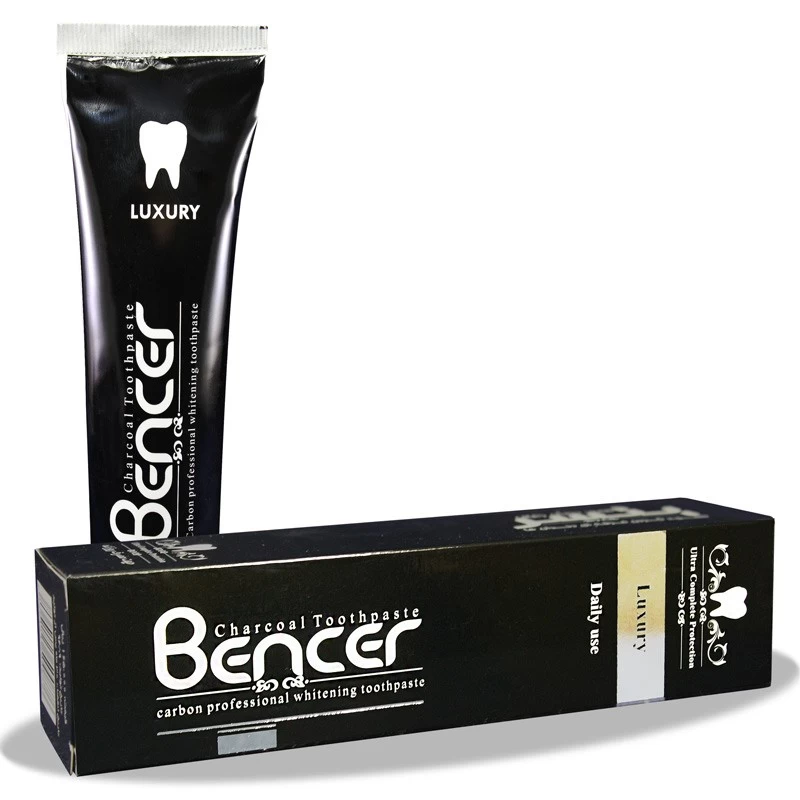Specialized mouthwash for daily use
Contains fluoride
Mouthwashes clean and heal minor mouth ulcers
Helps heal the following: mouth ulcers, irritations, mouth burns
Oxygenation removes waste material from the mouth to facilitate healing
Disinfectant mouthwash with fluoride
Mouthwash can help kill harmful bacteria for healthier gums. Healthier teeth: Oral bacteria exposes your teeth to decay. Antibacterial mouthwash can kill bacteria to help prevent tooth decay. Fresh breath: A quick rinse after eating strong foods like onions or garlic can help keep your breath fresh.
Using a mouthwash that contains fluoride can help prevent tooth decay, but don't use mouthwash (even a fluoride one) straight after brushing your teeth or it'll wash away the concentrated fluoride in the toothpaste left on your teeth. Choose a different time to use mouthwash, such as after lunch.
Some mouthwashes contain harsh ingredients that can be harmful if used too frequently. Excessive use of alcohol-containing mouthwash can lead to dryness in the mouth and an increased risk of cavities. Ultimately, if you are using mouthwash less than 2 times per day, you should be ok.
It turns out that dentists recommend mouthwashes because they are beneficial to your oral health, but there factors that have to be taken into consideration such as age and the type of mouthwash. Most dentists agree that children below six years old should not use mouthwash.
Whether you're having an 8-course meal or a light snack, using some form of oral care right afterward can prevent any food particles from sticking and bacteria from building up. If you're looking for an effective way to keep your teeth safe, using an oral rinse right after you're done eating can be incredibly useful.
 +7929688-88-14
+7929688-88-14

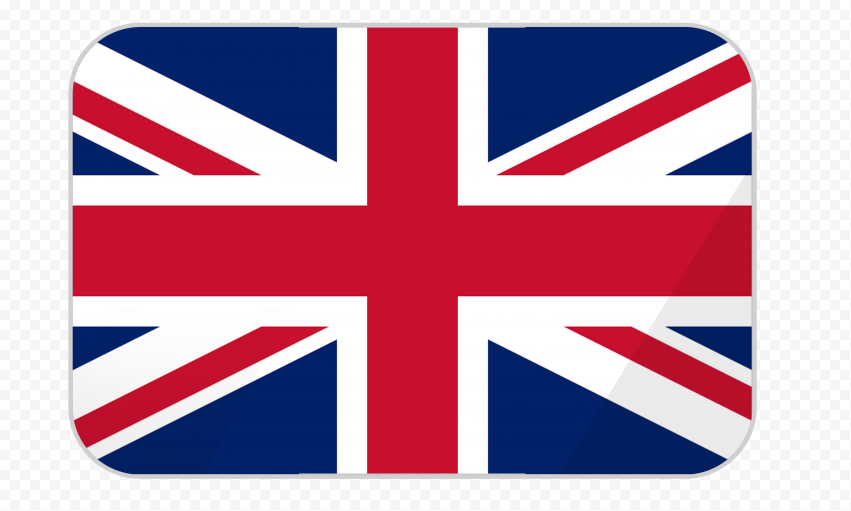 English
English
 Persian
Persian
 Russian
Russian
 Chinese
Chinese


 +7929688-88-14
+7929688-88-14

 Oral Hygiene
Oral Hygiene

